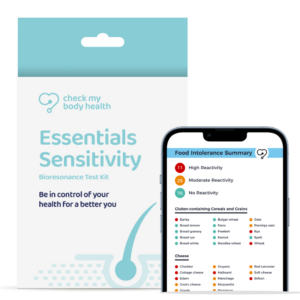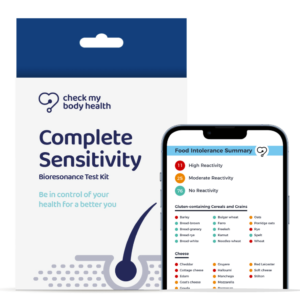Published Dec 5, 2020
Irritable bowel syndrome or IBS is a chronic – and surprisingly common – disorder of the digestive system. Fifteen per cent or more of the developed world may have some form of IBS.
The symptoms differ from person to person and vary in intensity. Some sufferers are more prone to constipation and others to diarrhea and many develop anxiety when travelling. Doctors have linked IBS to a number of other health problems, including depression, bacterial infection and sensitivities to certain foods, but the ultimate cause remains uncertain.
Unfortunately for sufferers – the majority women – there is no cure, but the symptoms can be managed by medication, stress management therapies and an optimal diet, low in carbohydrates but high in fibre. Probiotic-rich foods such as live yoghurt can also be beneficial.
Vitamins and minerals
Supplements can play a role in that optimal diet. The following are the key minerals and vitamins for IBS sufferers:
Vitamin D
Vitamin D reduces inflammation and helps to regulate the microbes that play an important role in our digestive systems. Research suggests that many IBS sufferers are deficient in this important vitamin – so this lack may contribute to the condition. Taking a vitamin D supplement is particularly sensible during the autumn and winter, when the lower levels of sunlight mean our bodies produce less of this key nutrient in our skin.
Zinc
Zinc is a mineral that plays a central role in several biological processes, including our immune systems. A healthy immune function can help to control IBS symptoms. Zinc is absorbed best in liquid form.
Calcium and magnesium
Calcium improves bowel health and can help relieve IBS symptoms, but it is important to choose the right format. If your key symptom is constipation, then look for ‘calcium citrate’ supplements: these contain the mineral magnesium, which has a stimulating effect on the bowels.
But if you are more prone to diarrhea, then calcium carbonate supplements will be a better choice because they contain no magnesium. Combining calcium with vitamin D supplements will improve absorption.
One vitamin to minimise if you have IBS is vitamin C. Although this is an important nutrient for general health and healing, it can cause gas and bloating and also has a laxative effect, stimulating diarrhea if you take too much. Many popular multivitamin brands contain high levels of vitamin C, so be sure to read the label. Brightly coloured fruit and vegetables are a better way for IBS sufferers to consume vitamin C.
Iron supplements are also not a good choice of vitamins for IBS sufferers: too much can cause stomach upset and constipation.
IBS symptoms can be very individual, with the triggers and symptoms different for every sufferer. Why not take a food intolerance test to discover any sensitivities you may have? Gain valuable insights into your body’s unique reactions to food and use the results to plan an invaluable diet and health plan that could help you stay well ahead of your symptoms. Check My Body Health offers a comprehensive range of affordable mail-in nutrition and health testing, including food intolerance tests for individuals, couples and families. Find out more today.
Written by Bev Walton, BSc Nutritional Science
I achieved a First-Class Honours degree in BSc Nutritional Science, Nutrition Sciences from the University of Reading and now have over 35 years experience in all types of cuisine, dietary plans, recipe development, health and nutrition. I have been writing for over 10 years for magazines and websites as well as ghostwriting for ebooks, Kindle and fully published books. I’m also a proud member of the Guild of Food writers.




